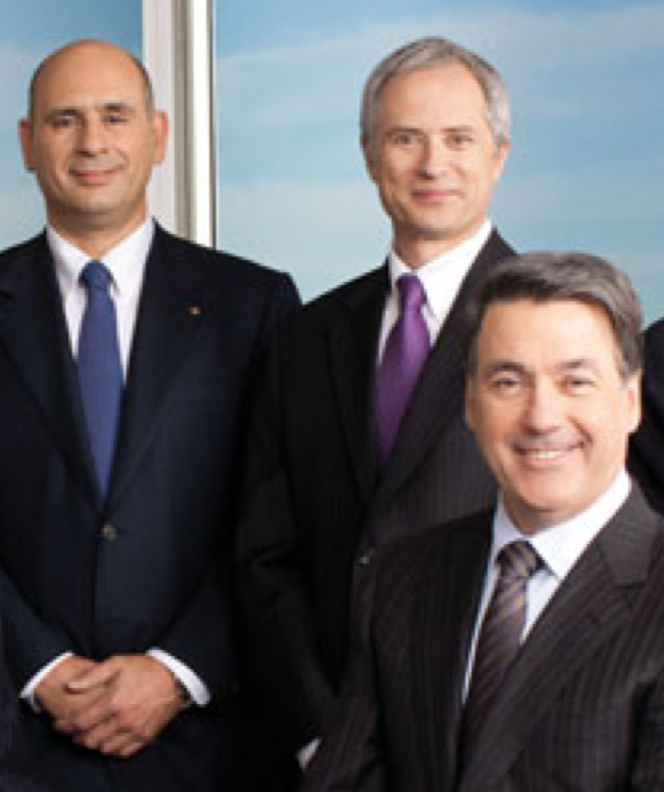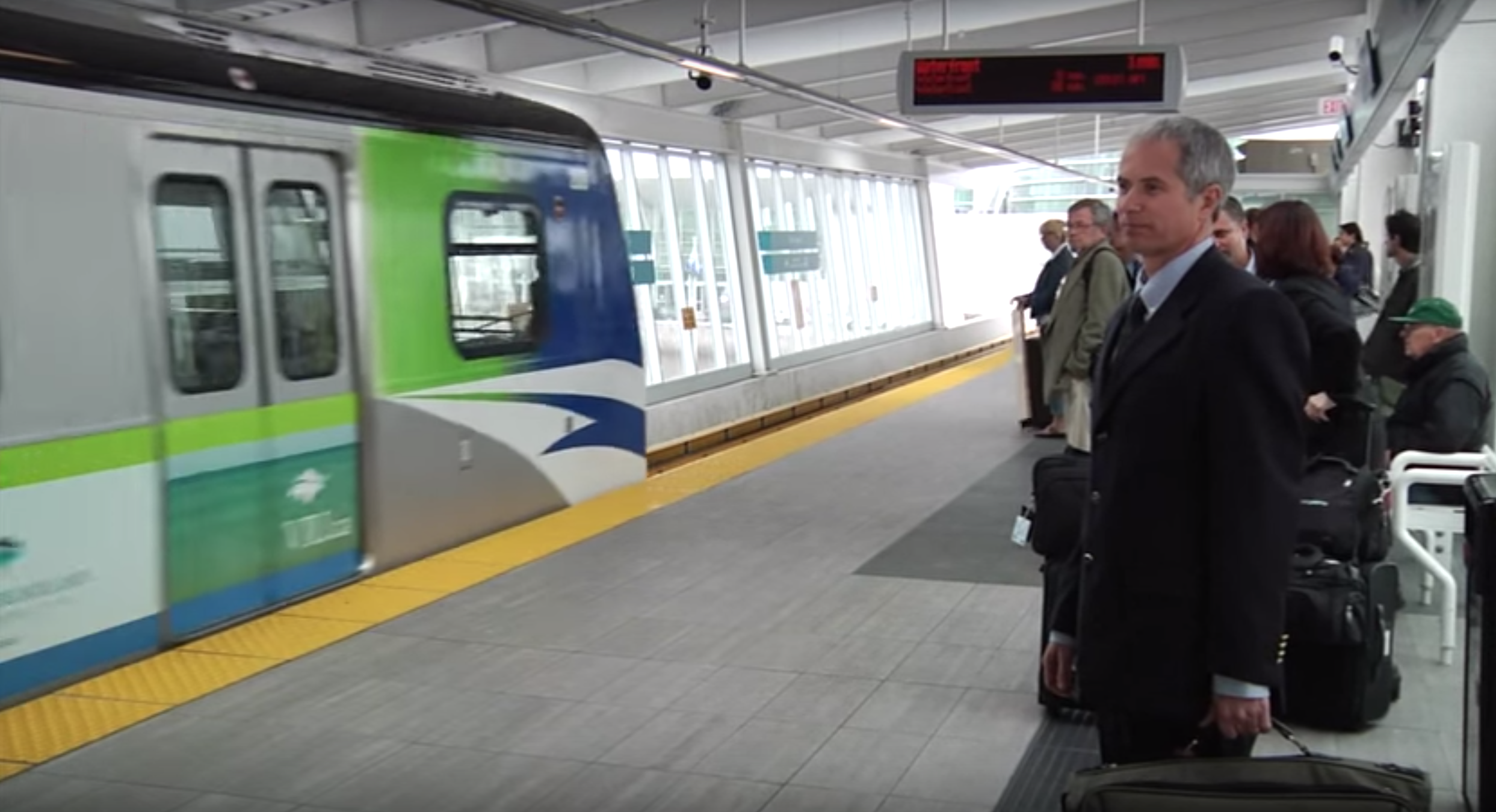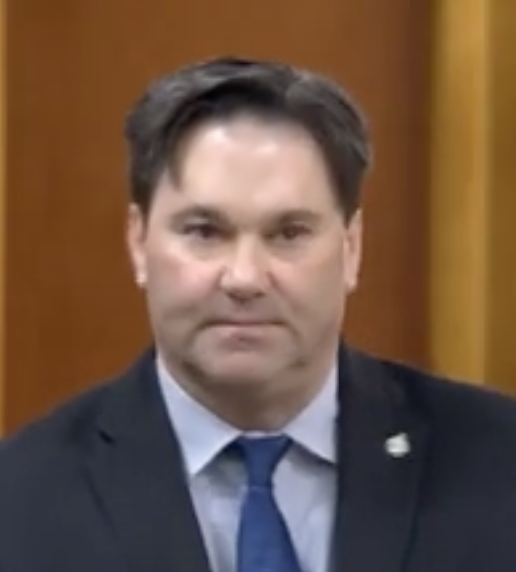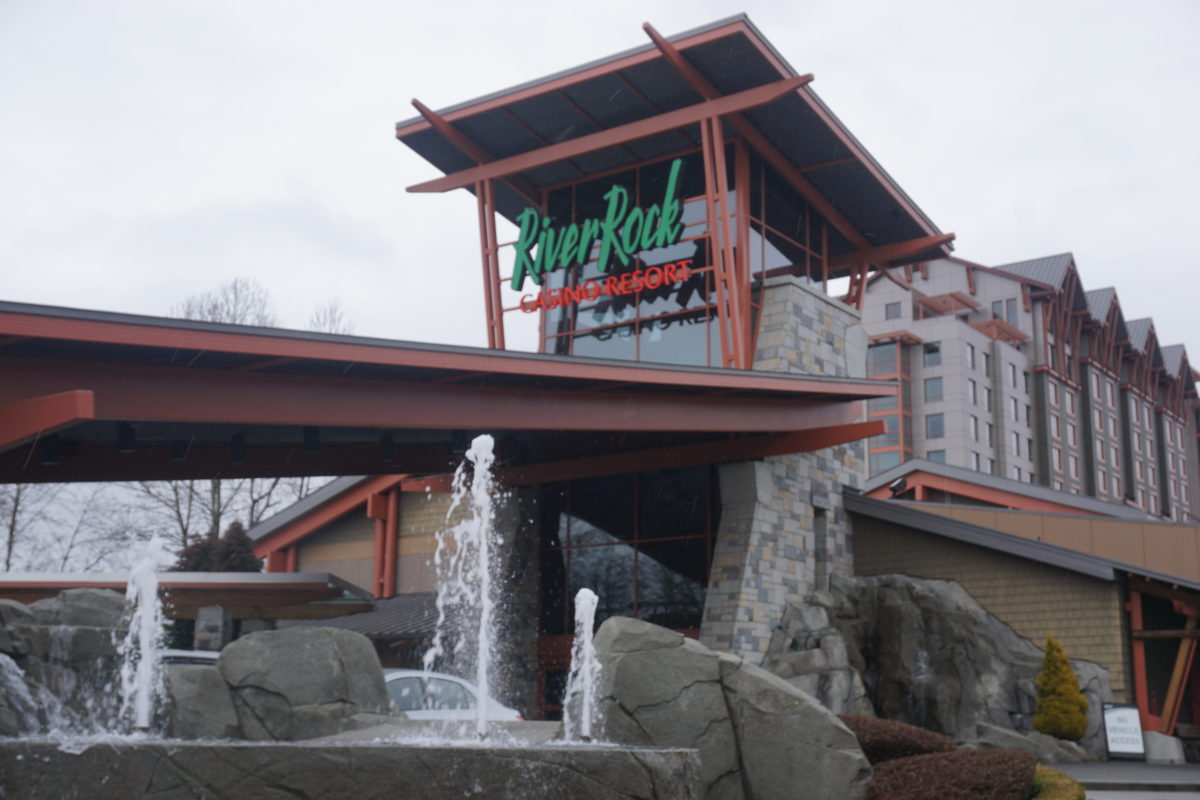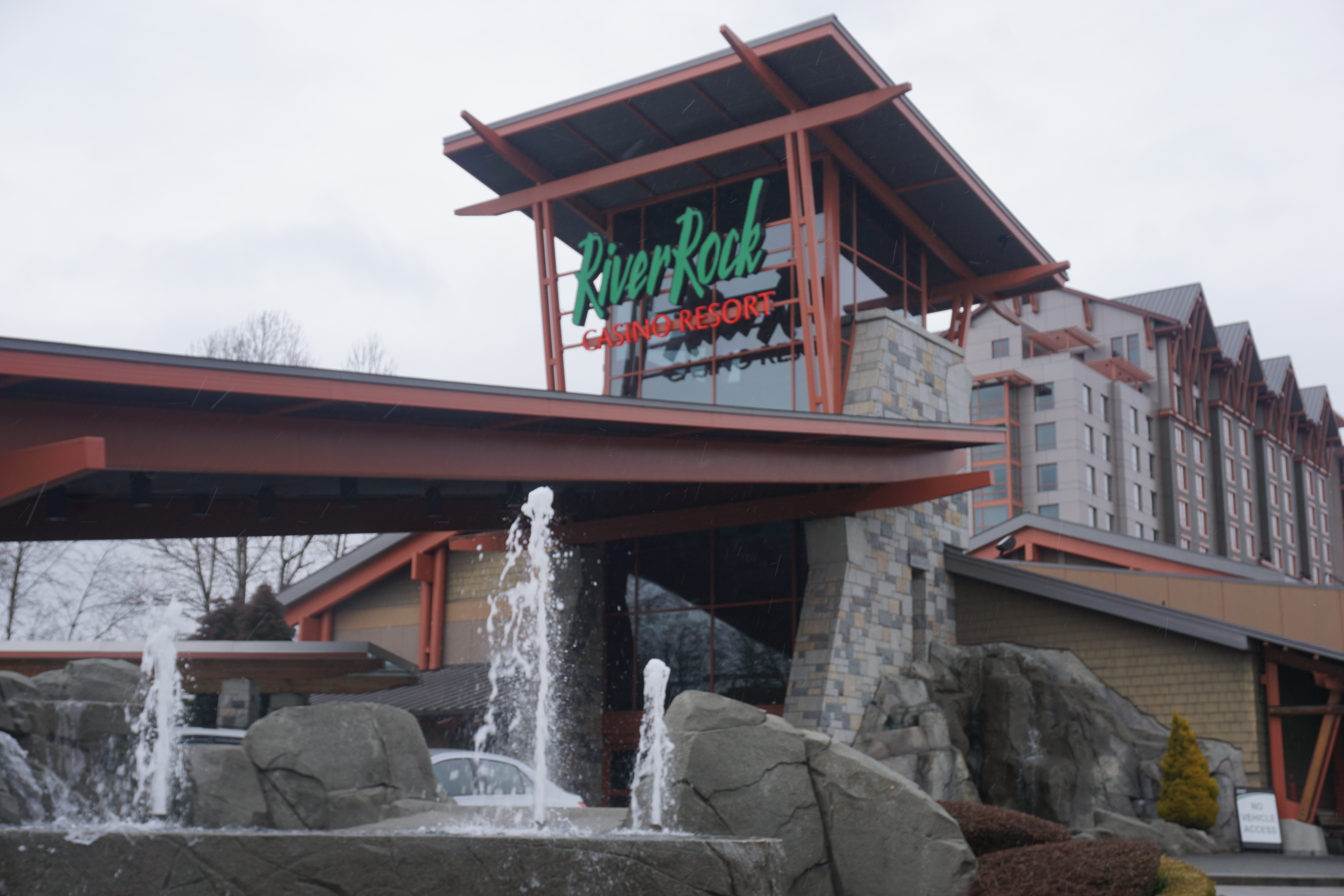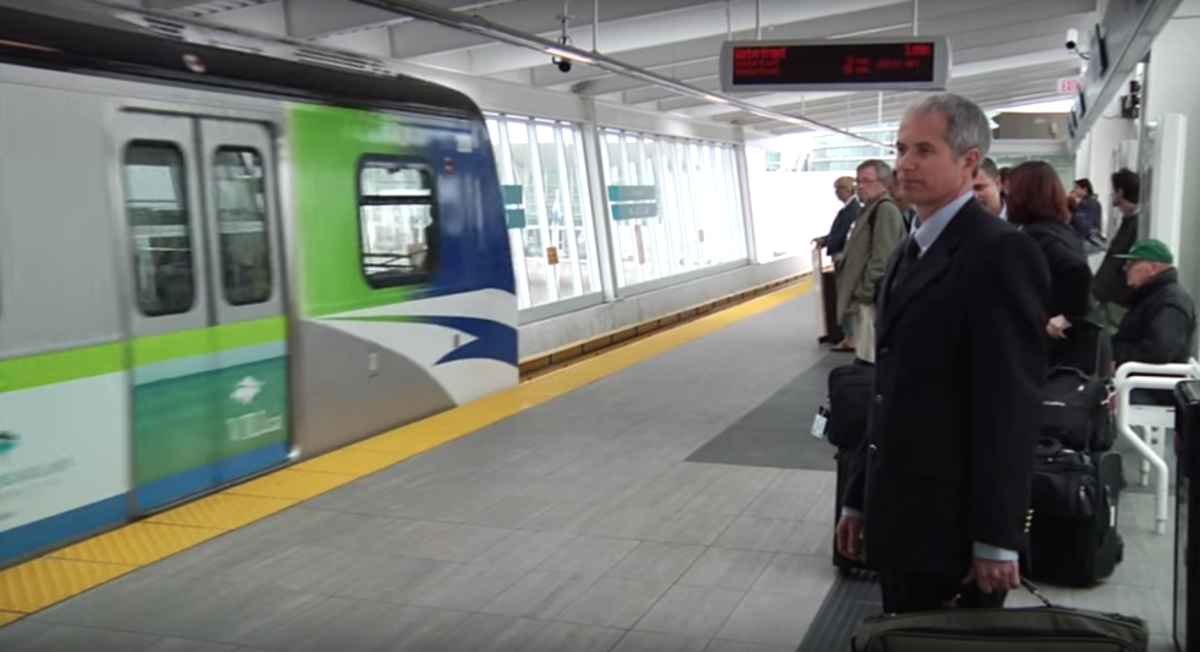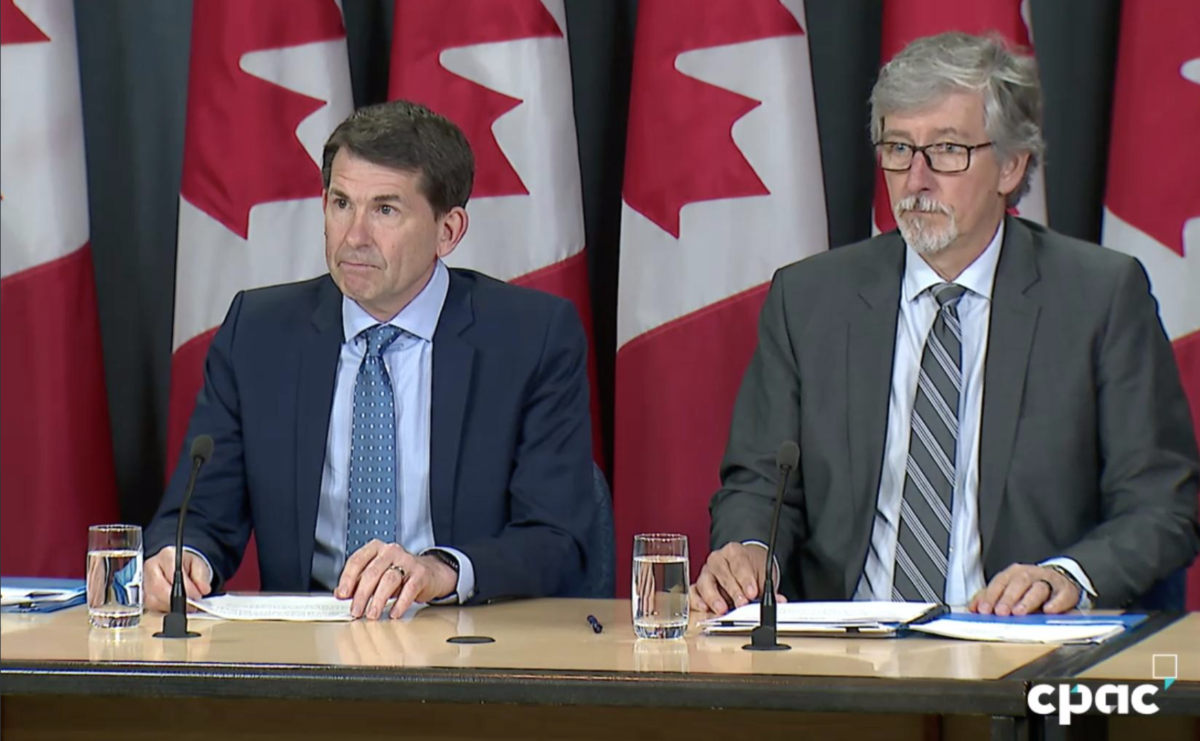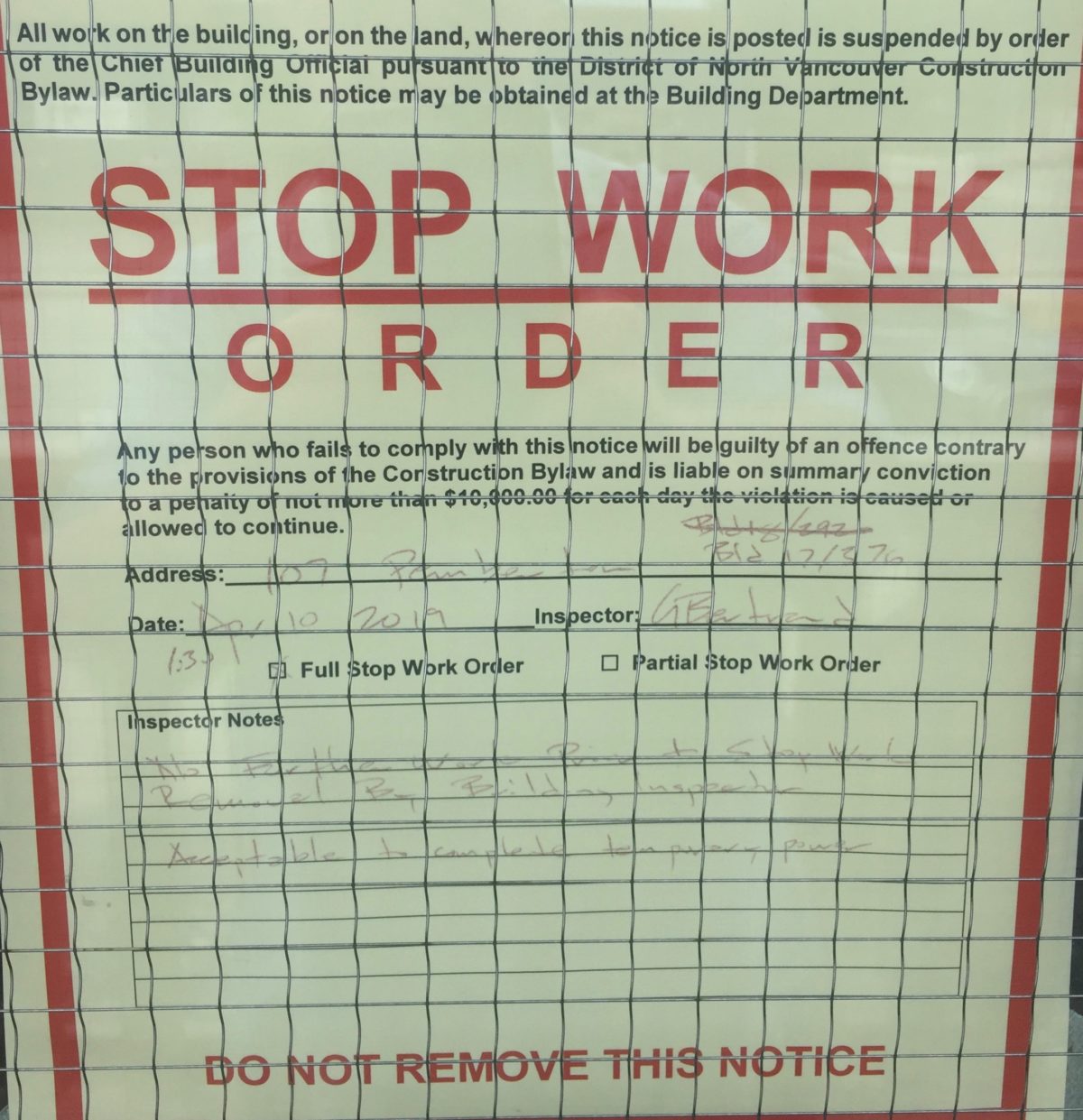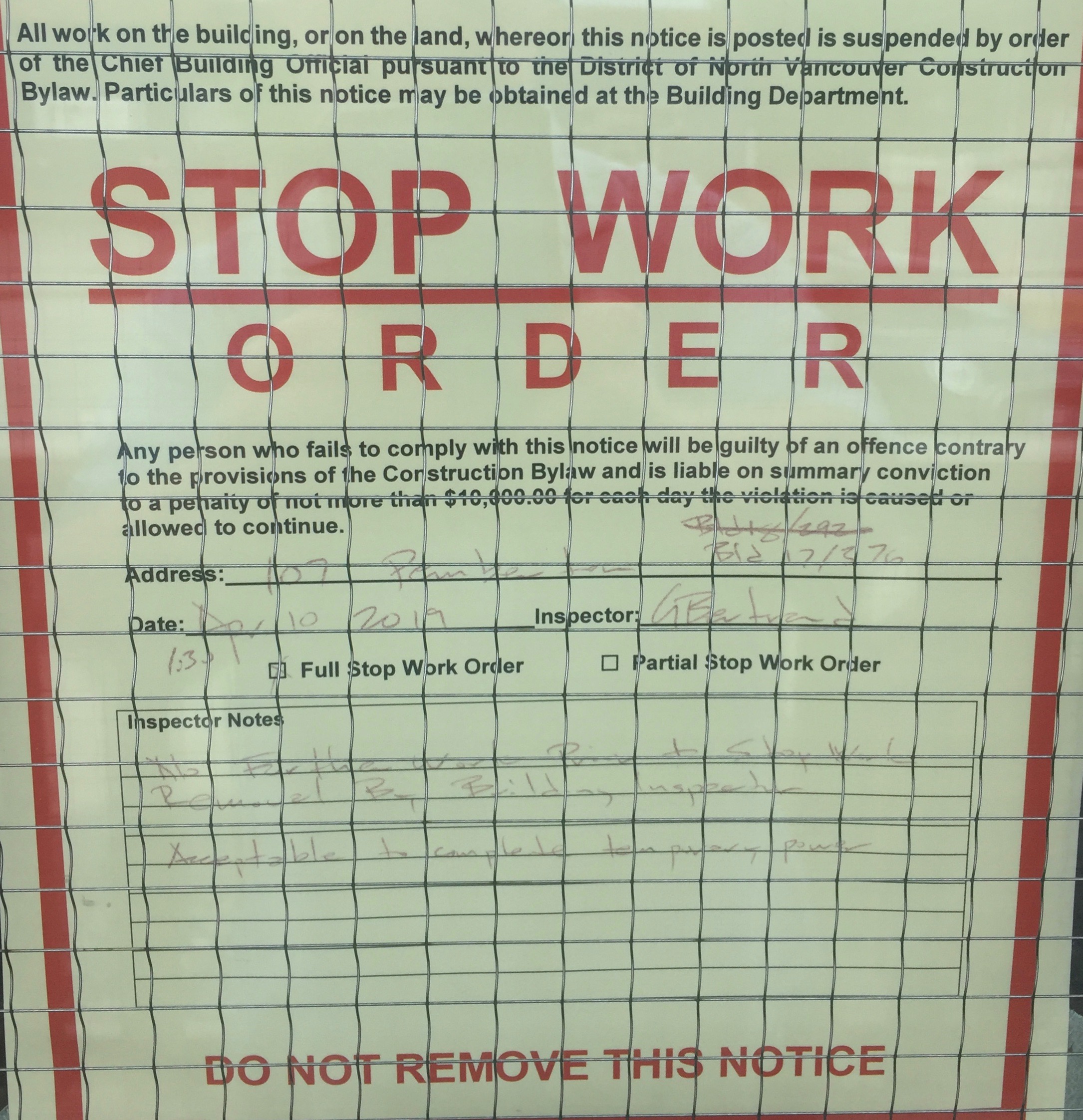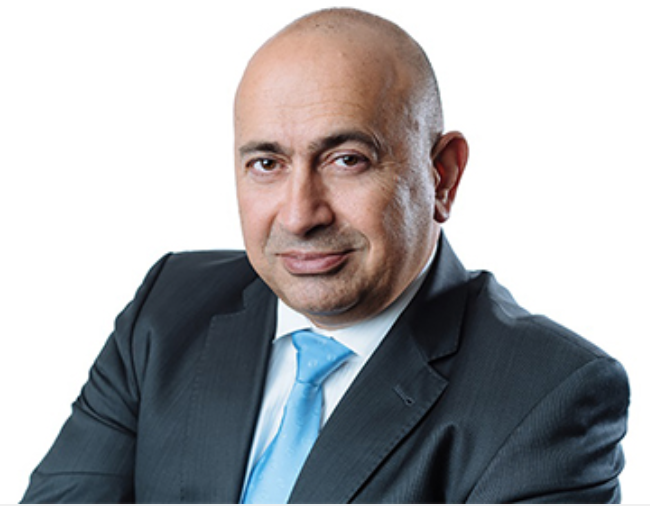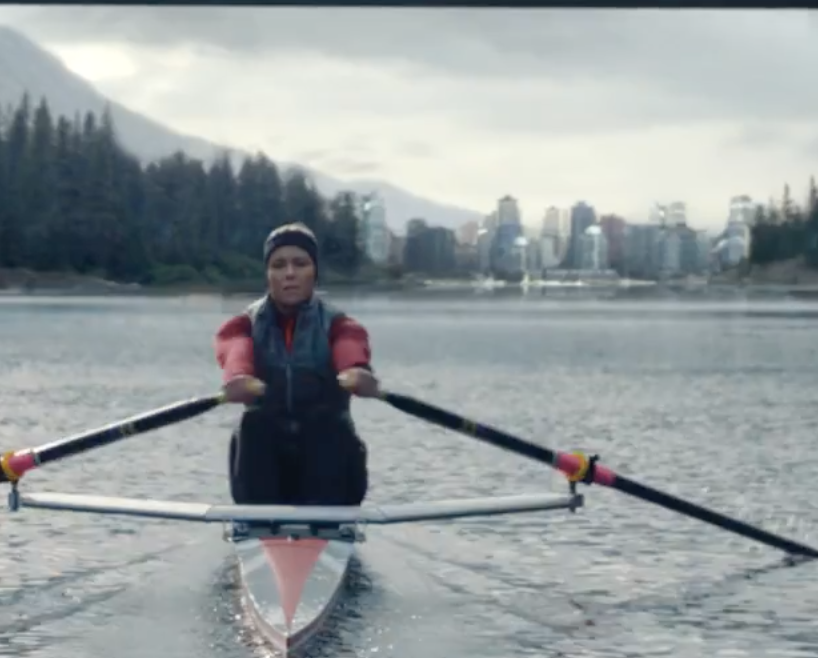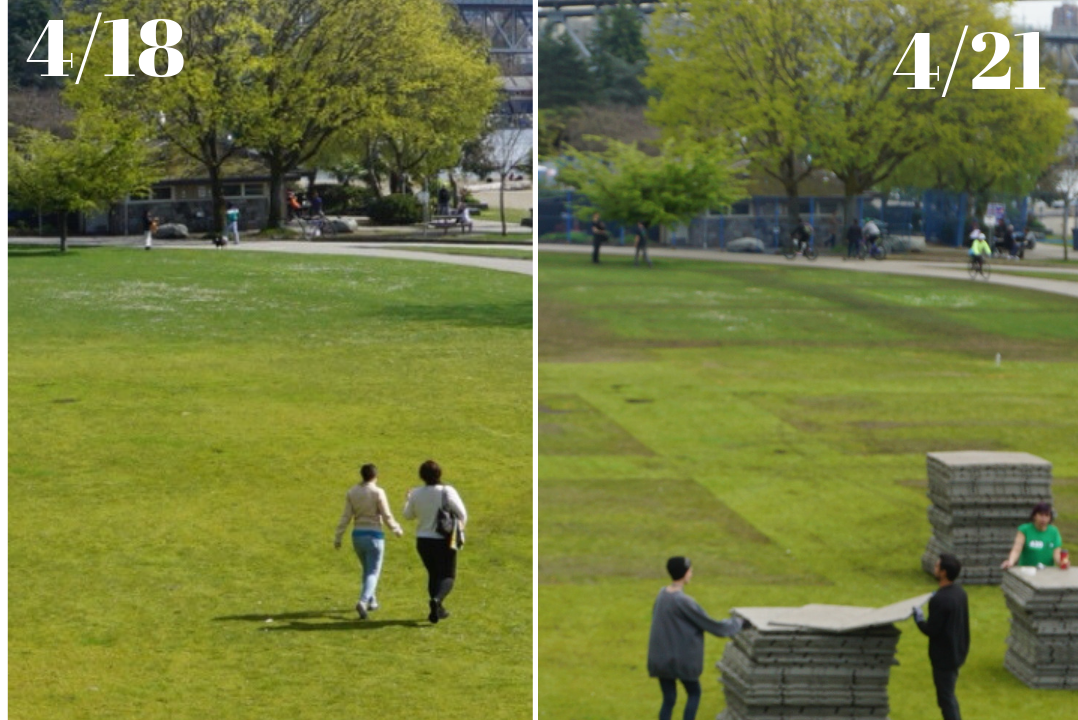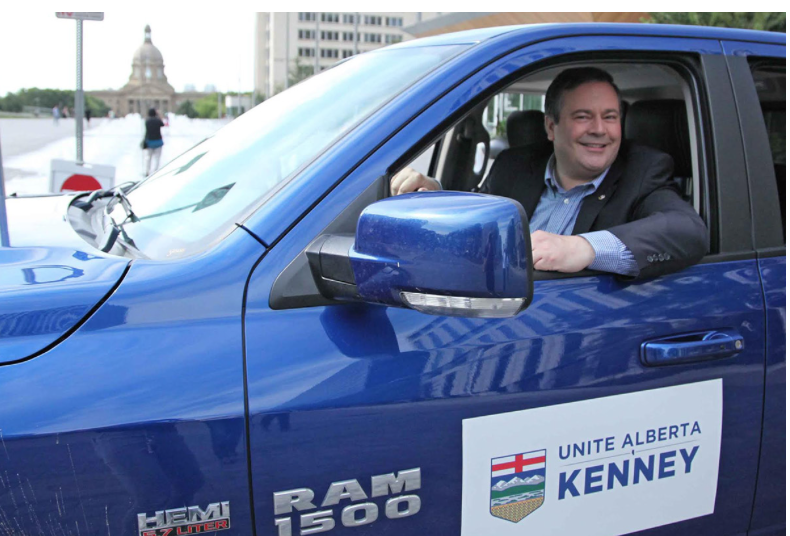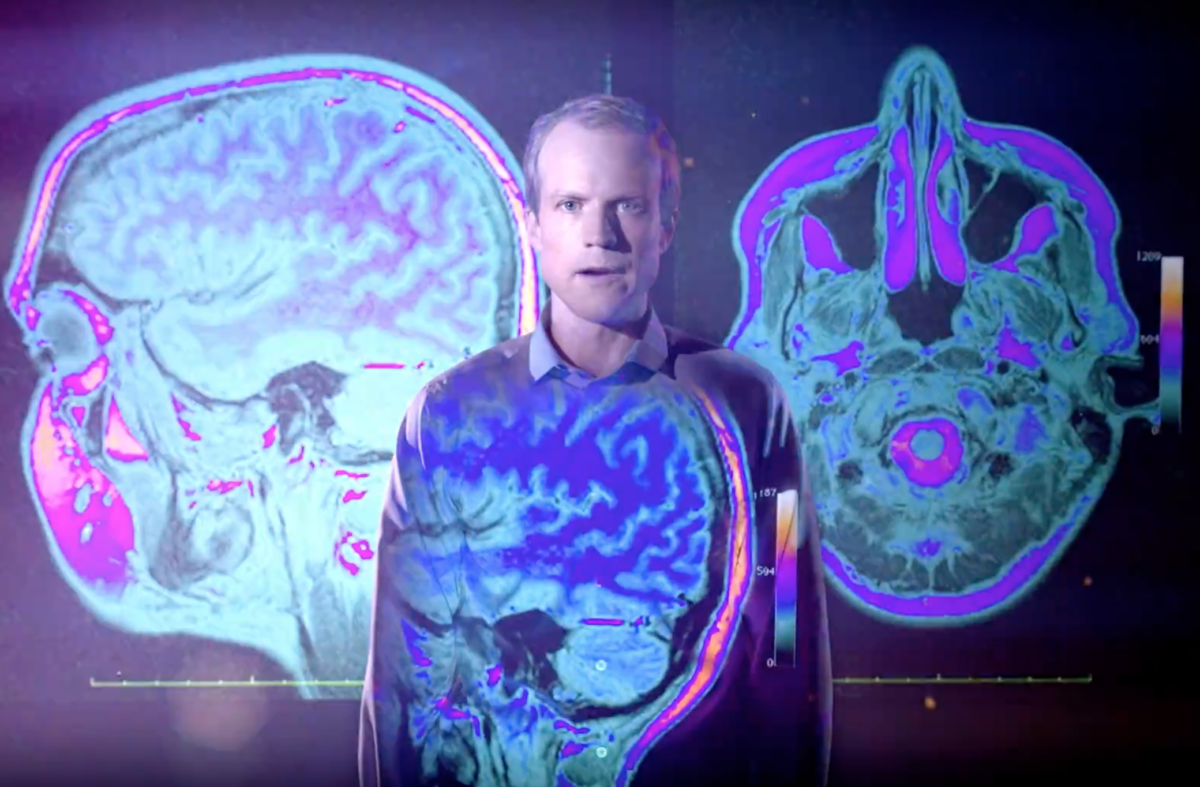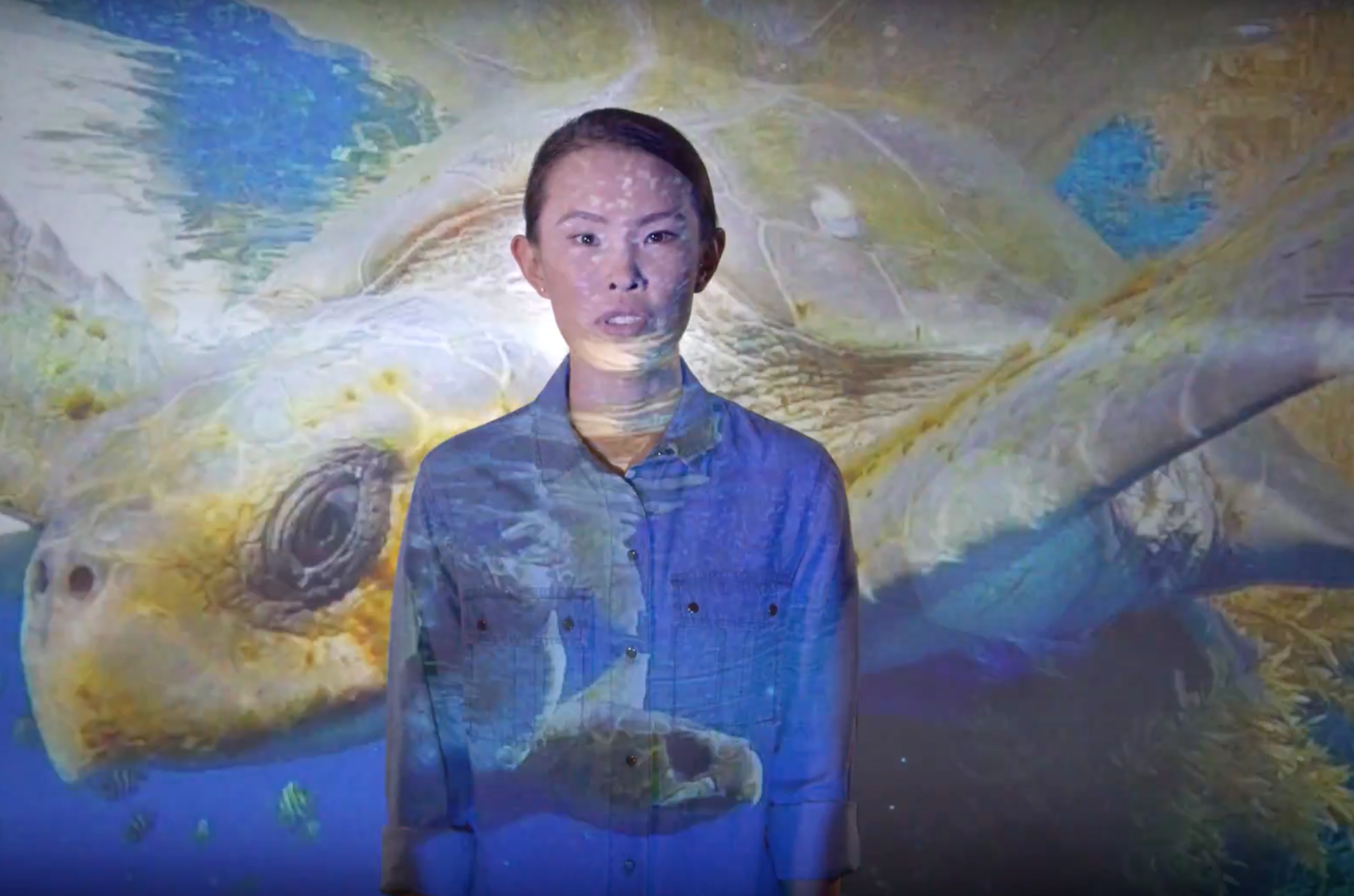Exclusive: B.C. sport minister calls Whitecaps coaching scandals “extremely disturbing”
Bob Mackin
The NDP cabinet minister responsible for sport and B.C. Place Stadium is disturbed by reports of sexual harassment, bullying and racism in the Vancouver Whitecaps organization.
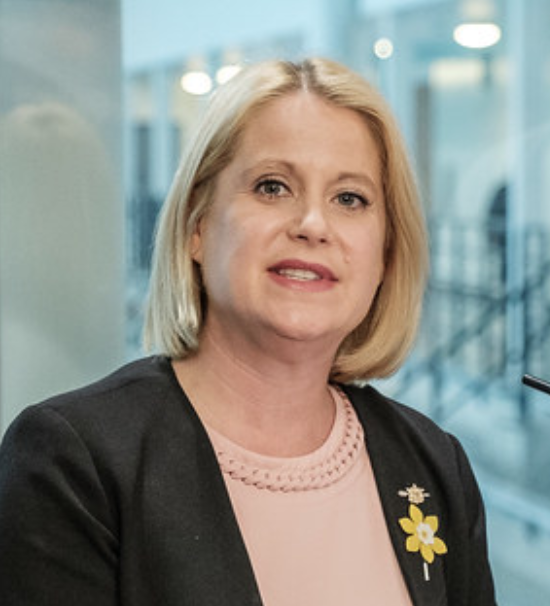
Tourism Minister Lisa Beare (BC Gov)
“Any physical, sexual or psychological harassment and abuse of athletes is completely unacceptable,” according to Minister Lisa Beare in a statement provided to theBreaker.news. “Athletes have the right to play free of abuse, discrimination and harassment. Inclusion and respect for all British Columbians is a fundamental principle of this government, and we stand with those who have experienced abuse or misconduct in sport or any other part of life.”
The Whitecaps issued a statement signed by owners Greg Kerfoot and Jeff Mallett on May 1, more than two months after former women’s team player Ciara McCormack blew the whistle about ex-coach Bob Birarda. The soccer club never explained publicly why it severed ties with Birarda in October 2008, but is now apologizing and admitting there were complaints of inappropriate sexual behaviour. Vancouver Police are aware of the situation, but have not said whether they are investigating.
McCormack said on Twitter that the club has not contacted her. She said the Kerfoot/Mallett letter lacks sincerity and accountability.
The club also employs former Notts County youth coach Brett Adams, who was hired in 2013 after he left Notts County while under investigation for racism against players. The Adams matter was not mentioned in Kerfoot and Mallett’s statement.

Kerfoot (left) and Mallett
“The Whitecaps are an independent professional sport organization, accountable to their leadership and their fans as stakeholders,” Beare also said. “Reports that a coach of a major soccer league [organization] acted contrary to a safe, inclusive sport environment and made racist remarks are extremely disturbing. I am encouraged to hear the Whitecaps are committed to working with sport partners to take a leadership role in safe sport initiatives. It is incumbent on all sports organizations to ensure players are protected and any incident of player abuse should be reported to the appropriate authorities for investigation.”
The situation happens while the provincially-funded amateur sport group viaSport holds a five-day meeting with athletes, coaches and sport leaders on making sport safer. On May 8-9, meetings are scheduled for Ottawa to discuss a new National Code of Conduct for amateur sport.
“Tremendous work is being done right now within amateur sport at both the national and provincial levels. We will share the outcomes of that meeting with all sport organizations in B.C., including the Vancouver Whitecaps, to ensure they have complete information on best practices,” Beare said.
Whitecaps supporters clubs, led by the Southsiders, held walkout protests during the last 10 minutes of the first half at the last two home games to bring attention to the Whitecaps’ slow response to the scandals.
Support theBreaker.news for as low as $2 a month on Patreon. Find out how. Click here.
Bob Mackin The NDP cabinet minister responsible for






